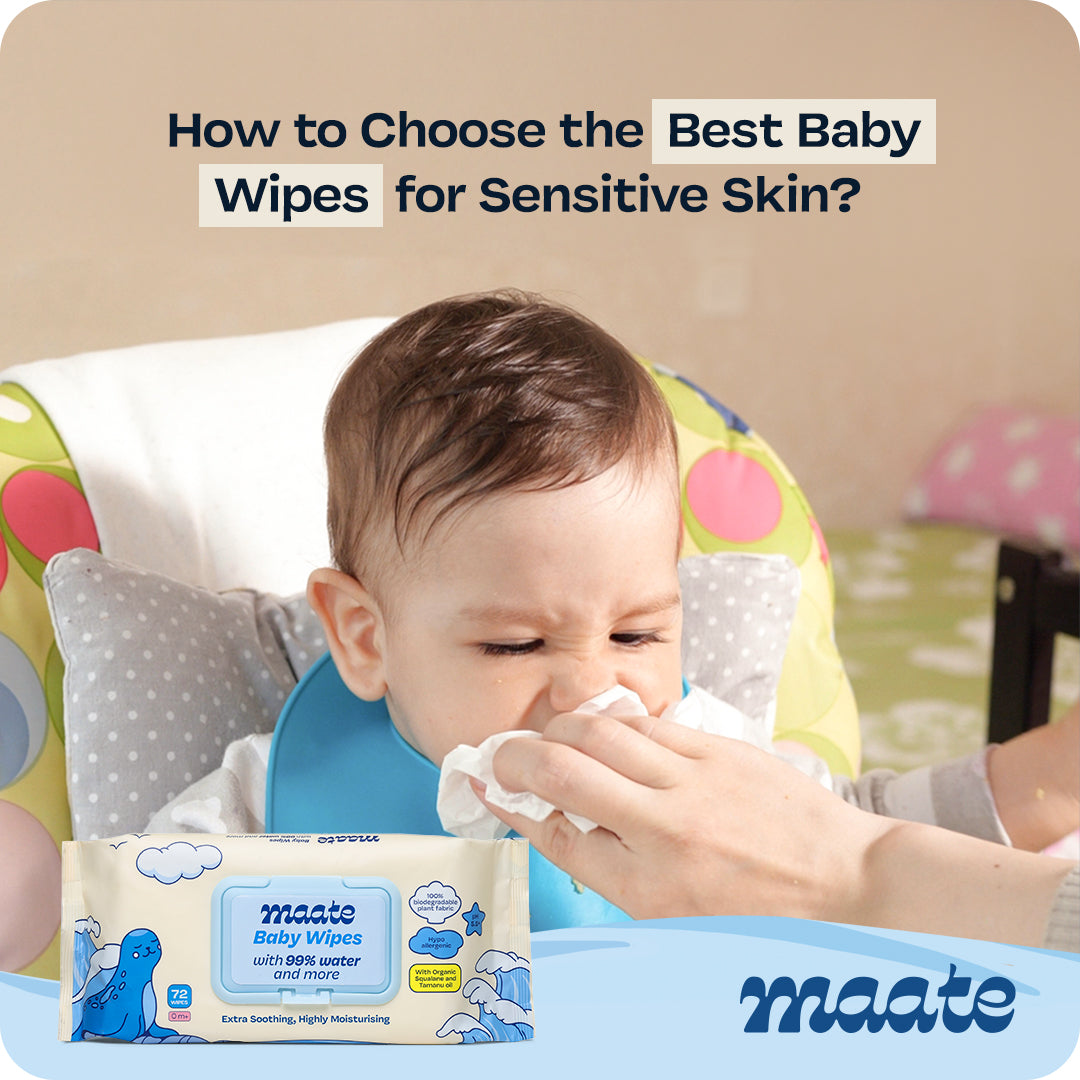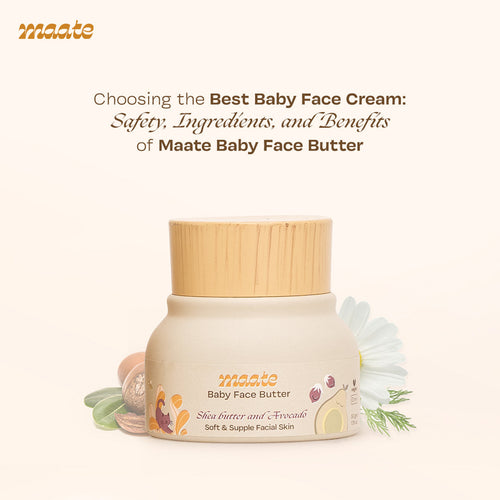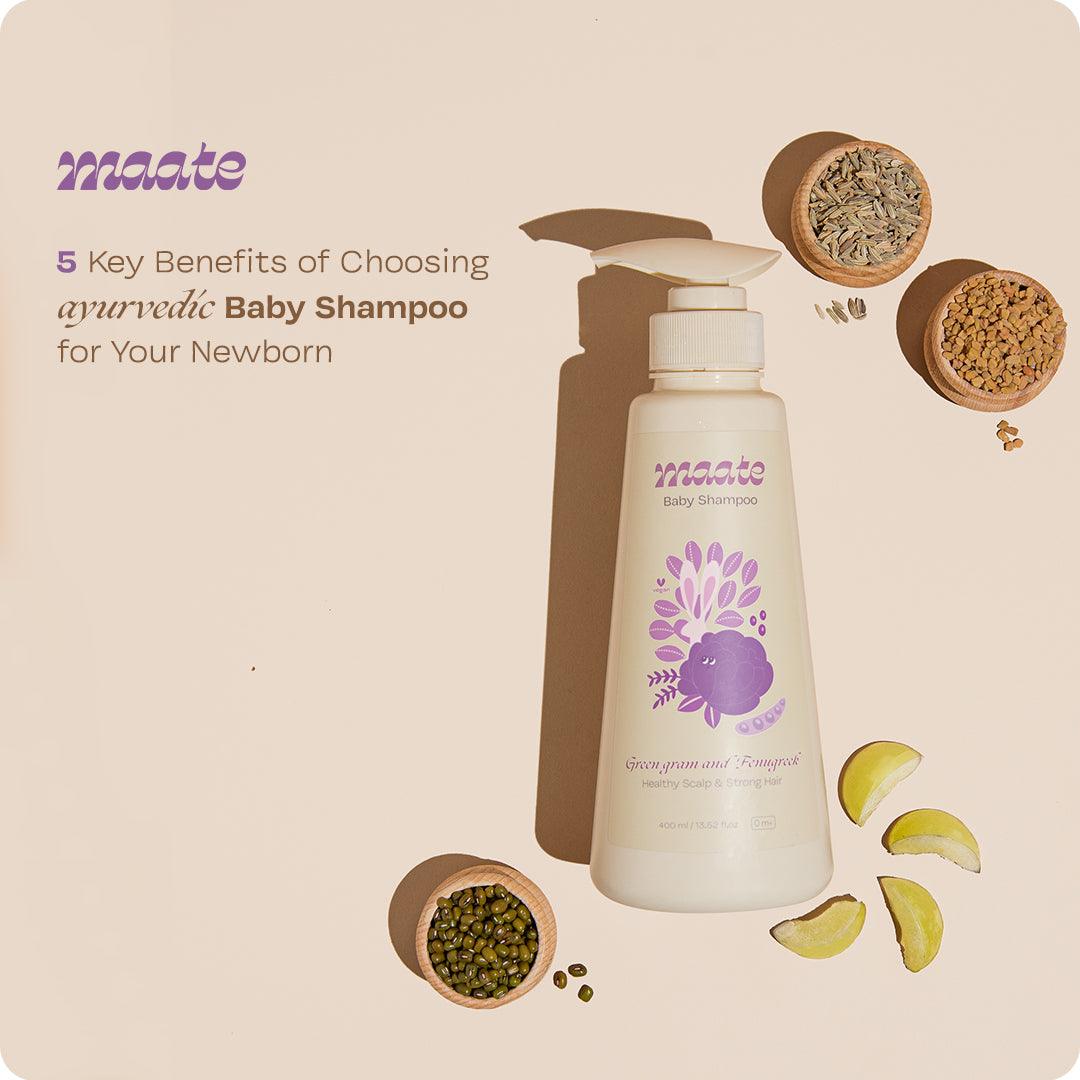Think of a baby and the first thought to come across your mind is that of super smooth and luscious skin. Afterall that’s why getting super soft baby skin is such a dream for women isn’t it. But when your little one’s skin is dry and itchy with eczema, it is quite heart-breaking for you as well.
Understanding eczema in children
Children with eczema have even more sensitive skin. It is caused due to less of the “filaggrin” in the outer layer of skin, which helps it make a barrier between the body and the environment outside. With less of this protein in the skin of children or anyone for that matter, there always stands the issue of keeping your skin hydrated and keeping out environmental pollutants.
Common questions regarding eczema in children
How do I identify these rashes?
Itchy dry skin is very characteristic of eczema. Due to inflammation children with eczema suffer from red, dry, itchy patches on the skin. Also with constant itching, the skin may develop blisters, oozing or sores. They are different for every child in context of the type and where they appear on the baby’s body
Is this contagious?
Eczema is not contagious but children with eczema are prone to skin infections as their skin is not a strong enough barrier to deal with skin infections.
Do children outgrow eczema in later years?
Eczema begins to go away by age 4 in some children. However, dry, sensitive skin can still be an issue as they grow up. It is hard to predict if children outgrow the condition will still have eczema as adults
Skincare that helps with eczema
There is no known treatment for eczema, however a skincare routine can help ease the discomfort.
Bathing

Giving a frequent bath to children is said to dry out the skin yet with children, giving regular baths a skip can be quite difficult given their inclination to go out and play. Hence it is important to consult a doctor on how frequently to bathe the children in case they suffer from eczema. Inspite of however frequently you chose to give your little one a bath, it is very important to make a note of a few things. Limit the bathing time to five to ten minutes and use a gentle cleanser. It is also important to ensure that the water is lukewarm as hot water further dries out the skin. Wash cloth, bubble bath or loofahs should not be used as they can further irritate the skin. After patting the skin dry it is recommended to apply the topical creams as prescribed by the doctor
Moisturizing

In case the doctor has prescribed topical ointments for eczema relief, it should be applied immediately after bath. Allowing 30 minutes for it to absorb into the skin, apply a thick layer of moisturizer to lock the medicine in the skin. Using body butter is most preferable as it is thick enough for long lasting intense moisturisation yet comfortable for daily application. Moisturizing your baby’s skin twice a day is enough to keep your baby’s skin hydrated and free from itching.
Ways to reduce the itching
Dressing your child right:
Summery soft breathable fabrics like cotton are the best for babies in this case. Try using mild, fragrance-free laundry detergents as well as they can be irritating to your baby’s skin
Prevent your child from scratching
Scratching makes eczema even worse, try keeping your child away from it as it can lead to bleeding and open sores. Keeping their nails short or even making them wear cotton gloves can be of great help.
Dealing with eczema can be quite frustrating for children and as well parents, but with good skin treatment and a healthy skin routine it can become easier to manage.






